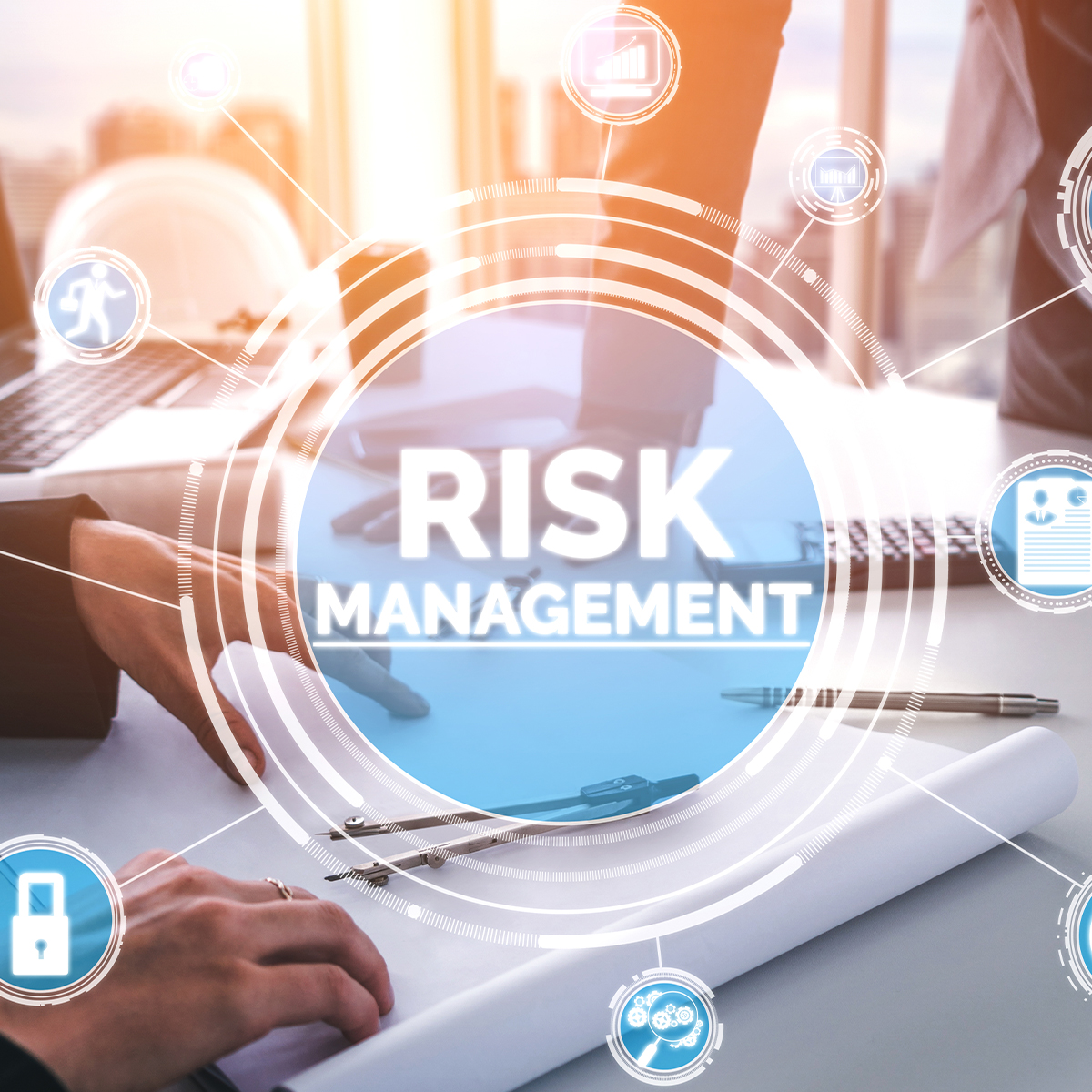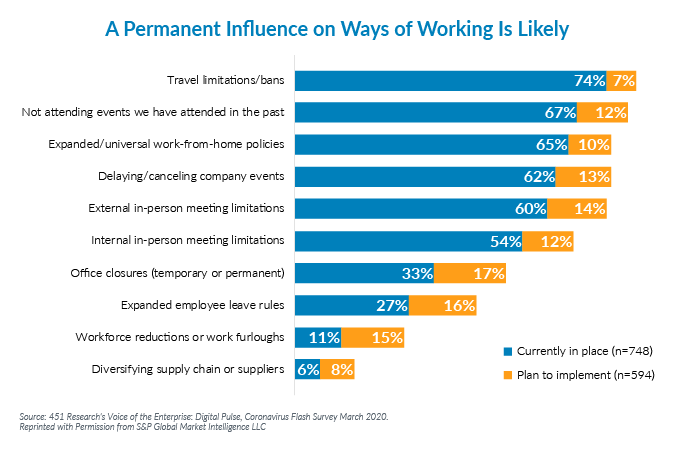-
Property & Casualty
Property & Casualty Overview

Property & Casualty
We offer a full range of reinsurance products and the expertise of our talented reinsurance team.
Expertise
Publication
Biometric Information Privacy – Statutes, Claims and Litigation [Update]
Publication
Inflation – What’s Next for the Insurance Industry and the Policyholders it Serves?
Publication
Human Activity Generates Carbon and Warms the Atmosphere. Is Human Ingenuity Part of the Solution?
Publication
Illinois Changes Stance on Construction Defect Claims – The Trend Continues
Publication
Generative Artificial Intelligence in Insurance – Four Aspects of the Current Debate
Publication
Battered Umbrella – A Market in Urgent Need of Fixing -
Life & Health
Life & Health Overview

Life & Health
We offer a full range of reinsurance products and the expertise of our talented reinsurance team.

Publication
Underwriting High Net Worth Foreign Nationals – Considerations for U.S. Life Insurance Companies
Publication
Group Term Life Rate & Risk Management – Results of 2023 U.S. Survey
Publication
Trend Spotting on the Accelerated Underwriting Journey
Publication
All in a Day’s Work – The Impact of Non-Medical Factors in Disability Claims U.S. Industry Events
U.S. Industry Events
Publication
Marginal Gains in the Medicare Supplement Market -
Knowledge Center
Knowledge Center Overview

Knowledge Center
Our global experts share their insights on insurance industry topics.
Trending Topics -
About Us
About Us OverviewCorporate Information

Meet Gen Re
Gen Re delivers reinsurance solutions to the Life & Health and Property & Casualty insurance industries.
- Careers Careers
What Happens When Face-to-Face Isn’t an Option for Business-to-Business?

May 06, 2020
Maria Slowinski
Region: North America
English
All businesses these days are looking for new ways of reaching customers and colleagues. In the new normal of virtual communication caused by COVID-19, we have to do more with less in-person presence. We question whether the new practices, the distance, will be temporary or whether they will become an integral part of our future business dynamics.
This pause in our standard approach to relationship building provides an opportunity for “clean slate” thinking while we get to try out new ways of staying in touch, networking and taking in content normally experienced in person, first-hand and onsite.
Common questions circulating in the insurance world include:
- What new experience will replace the conferences we rely on for industry engagement?
- How will the basis of experience change around developing personal relationships between providers and buyers?
- What distinctions will new strategies make between fostering mature relationships and developing new ones?
- Which brand-based sponsored activities should be under review?
- Where can effective technology investment fill gaps?
As with many things in 2020, there are more questions than answers. What we do know is that the disruption is real and adapting is essential. Even if we want to spring back to the routines of yesterday, we know that the hospitality and leisure industry is taking a huge hit now and planning in-person meetings in the future involves risks.
“None of us have any idea how quickly people will feel comfortable traveling or returning to in-person meetings once bans are lifted,” observes Kristen Spriggs, Founder & CEO of Kickstart, a brand experience company, “but we do know that gathering together is a fundamental need we have as humans. So today we are challenged to not only think of new ways to virtually support our clients but to also evaluate how we will make personal connections beyond the short term.”
In a recent S&P webinar on the impact of COVID-19, survey results presented indicate that “a permanent influence on ways of working is likely.” At the top of the list are travel bans/limitations, not attending events we have attended in the past, expanded work from home policies and delaying or canceling company events. The list goes on for all the face-to-face B2B initiatives. Two-thirds of those surveyed expect reduced access to clients or prospects (e.g., canceled meetings) for marketing executives.

One company executive had already cancelled at least one of the agency incentive trips for 2021 that probably needed reevaluation even before the game changed. He thinks it may be smarter to put resources into other loyalty-building programs that do not require the same investment in travel and entertainment expense for everyone involved. Certainly, everyone needs to question what competitors will do and what will the impact be if they pull back.
As Tony Lorenz, a communication and meeting planner industry veteran and CEO of HeadSail, said, “This crisis has uncovered a variety of significant cracks in the business event models. Business events reside at the epicenter of social and economic change. A robust digital delivery system will be an absolute necessity.”
What does that mean for the wide variety of customer experience activities we routinely enjoy as productive engines of trading conversation? Time will tell. As with most good strategic planning, it will begin with listening to our customers. What is their new normal and how can we meet them where they are as prioritization shifts and settles?
Social change is often born out of disruption. There is no data on this to guide our footsteps. We will figure it out together, even if apart.





